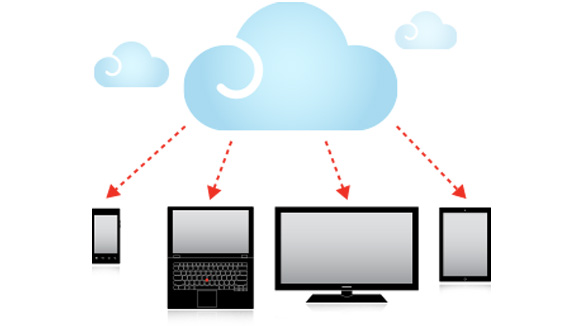Cloud 'sprawl' causing business inefficiencies
Avanade report shows employees are using unsanctioned cloud

The growing use of a wide variety of unsanctioned cloud services, the so-called "cloud sprawl," is causing significant problems for businesses, according to a new survey.
Avanade, an Accenture and Microsoft joint IT consultancy firm, released a report that shows 61 per cent of companies across the globe blame cloud sprawl for causing inefficiencies in their business.
That number falls to 52 per cent in the UK, but it rises to 71 per cent among those using both public and private clouds.
The survey involved 750 IT decision makers in United States, United Kingdom, Germany, China, France, Sweden, Brazil, Japan and Australia.
Dispersing the cloud
The problem is that employees are signing up to cloud services that are different to the ones provided by their own IT department, so instead of homogenisation there is growing disparity between what each individual employee is using.
66 per cent of IT decision markers across the globe have noticed this problem. The number climbs to 69 per cent in the UK.
"The study reinforces what we're seeing in the UK market about the challenges of cloud computing. Whilst the cloud can deliver significant benefits, some of its advantages also introduce risk. Unmanaged cloud sprawl in Shadow IT (Dark Cloud) is introducing risk with threats from unmanaged sources," said Mark Corley, CTO at Avanade UK. "Cloud services are becoming available in increasing variety and ease of access, and many IT departments simply can't keep up."
Are you a pro? Subscribe to our newsletter
Sign up to the TechRadar Pro newsletter to get all the top news, opinion, features and guidance your business needs to succeed!
He added: "Companies must look to exploit the advantages of the cloud, keeping pace with business needs, offering the agility, cost-savings, scale and different business models that cloud can offer - but at the same time strike a balance by having the appropriate level of control giving an acceptable risk."